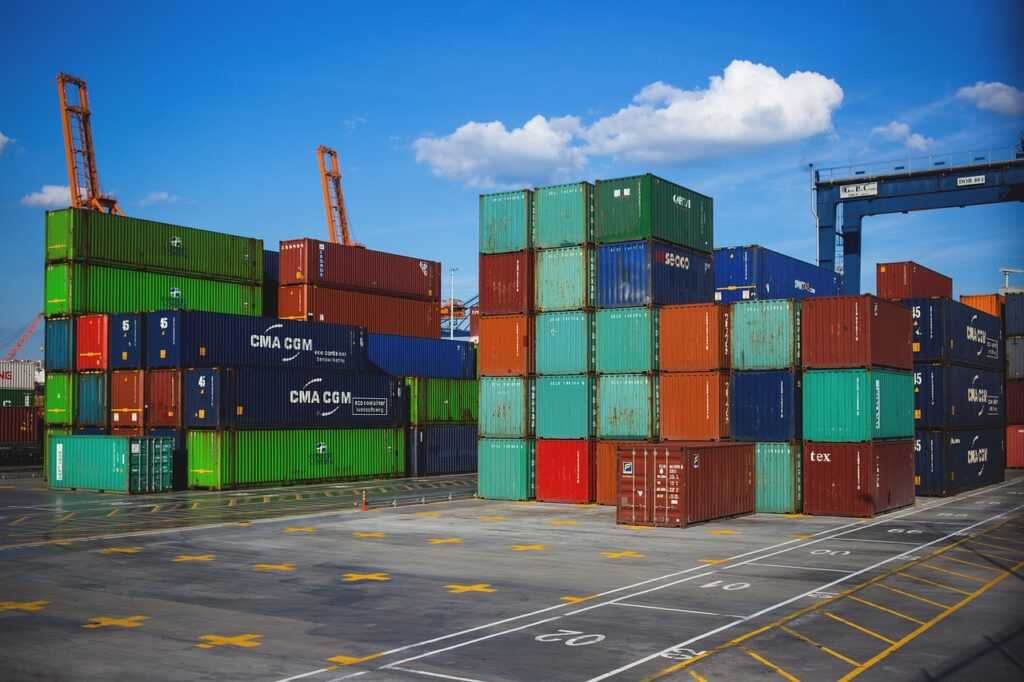Understanding Trade Compliance
Compliance in trade is pivotal for businesses engaging in global markets. It ensures adherence to laws, regulations, and standards governing international trade.
What Is Trade Compliance?
Trade compliance involves following legal requirements related to importing and exporting goods. These requirements include export controls, trade sanctions, and customs regulations.
For instance, complying with the International Traffic in Arms Regulations (ITAR) and the Export Administration Regulations (EAR) is critical for companies dealing with defense articles and dual-use goods.
Why Is It Crucial for International Business?
Trade compliance is essential because non-compliance can result in severe penalties. Companies might face fines, seizure of goods, and even imprisonment for responsible individuals.
For example, in 2019, a major tech company paid $1.1 billion in fines due to export control violations. Moreover, compliance builds trust and credibility with partners and customers, fostering smoother and more successful international operations.
Key Components of Trade Compliance

Compliance in international trade involves understanding and adhering to various elements that ensure smooth global operations.
Regulatory Frameworks
Different countries have unique regulatory frameworks governing international trade. Companies must be familiar with global trade regulations to ensure compliance.
These frameworks include:
- Export Control Laws: These laws dictate what goods and technologies can be exported, to where, and to whom. For instance, the Export Administration Regulations (EAR) in the US control dual-use items.
- Trade Sanctions: Trade sanctions restrict or prohibit trade with specific countries, entities, or individuals. The Office of Foreign Assets Control (OFAC) manages these sanctions in the US.
- Import Regulations: These govern the entry of goods into a country, dealing with standards such as product safety, health regulations, and environmental requirements.
Customs and Tariffs
Navigating customs and tariffs is crucial for seamless international business. Understanding and complying with these elements can prevent costly delays and legal issues.
Key considerations include:
- Customs Documentation: Proper documentation is necessary for the declaration of goods at customs. This includes commercial invoices, packing lists, and certificates of origin.
- Tariff Classification: Knowing the Harmonized System (HS) code for products ensures accurate tariff application. Misclassification can result in penalties or shipment delays.
- Duty Rates: Countries impose duty rates on imported goods, which vary based on trade agreements and the product’s classification. Companies must ascertain the applicable duties to avoid underpayment or overpayment.
Trade compliance depends heavily on understanding these key components, ensuring that all regulations and requirements are meticulously followed.
Challenges of Trade Compliance in International Business
In international business, navigating trade compliance presents several challenges that can impact operations and profitability. Understanding these challenges is essential for maintaining compliance and avoiding severe repercussions.
Navigating Different Regulatory Landscapes
Different countries have unique regulatory frameworks. Each region enforces its own export control laws, trade sanctions, and import regulations.
For instance, the United States imposes strict export controls through agencies like the Bureau of Industry and Security. European Union countries, on the other hand, follow the Union Customs Code with specific amendments per member state.
Adapting to these varied regulations requires substantial resources and expertise.
Dealing with Non-Compliance and Penalties
Non-compliance with trade regulations incurs significant penalties. Fines, sanctions, and even suspension of trading privileges are common.
For example, a company found guilty of violating export control laws in the US may face substantial fines and licensing restrictions. In the EU, non-compliance might result in goods seizures and administrative penalties.
Understanding local enforcement mechanisms and maintaining stringent compliance measures is crucial to avoid these penalties.
Benefits of Effective Trade Compliance
Effective trade compliance offers numerous benefits to international businesses, ensuring smoother operations and promoting growth.
Risk Reduction
Trade compliance reduces risks by ensuring adherence to international trade laws. It prevents legal issues like fines and sanctions. Fully compliant operations minimize the likelihood of costly penalties and disruptions.
For example, by following regulations, a business avoids seizure of goods, which can cripple supply chains.
Compliance mitigates the dangers of inadvertently dealing with sanctioned entities, protecting the business from reputational harm.
Enhanced Business Reputation
A strong compliance record enhances a business’s reputation in the global market. Trust from partners grows when a company consistently meets regulatory standards.
This trust can lead to more opportunities and favorable terms. For instance, a proven track record in compliance makes it easier to form strategic alliances with other reputable firms.
Compliance boosts customer confidence, knowing they engage with a responsible entity that values regulatory adherence.




